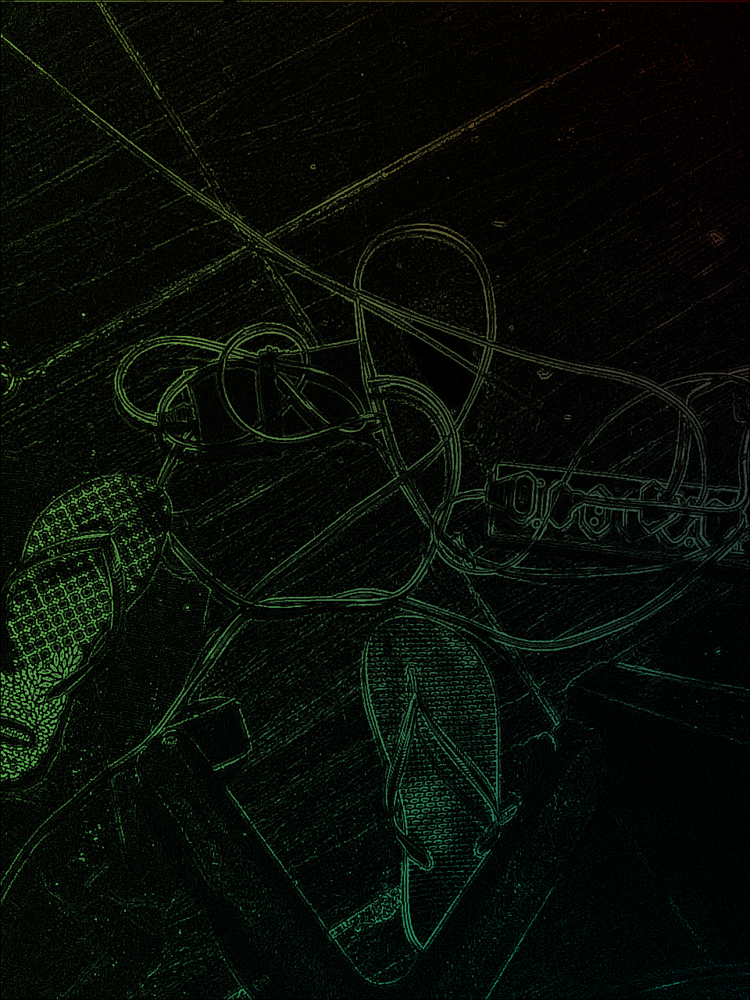

Not all processes that can send a kill signal to another process have the same degree of access as physical access. The fact they are already running inside the session doesn’t automatically imply they have unrestricted access. In fact, you could argue no access at all a process has can compare to physical access. So that’s quite an escalation.

I’m focusing on the lock screen as having one single job to do well: protect the session from any access not granted exclusively through the password.
You posit this as if the attacker and the killing of the lock screen were connected: the attacker can only kill if they already have malware, so “it doesn’t matter”. But the point is, if the lock screen won’t relinquish access upon receiving the kill signal, even if the attacker had compromised this vector, or if there were some other cause behind the lock screen dying, crashing, whatever, access would not be granted in the first place. It stops at that layer.
Thinking in terms of “if they already can access the system, whatever” is different from thinking about security in depth/layers. So its not so much about the cause of the problem, but where you can contain it. This threat (a physical access attacker) is pretty extreme, but if we are going there, then yes, it’s not unfeasible to think that they could leverage this weakness to go from a possibly limited shell access to a fully unlocked physical session where you could have unrestricted access to e.g. a browser or unlocked password manager or other in-memory information.
But the two things don’t really need to be connected. The lock screen having a secondary way to allow access that does not require the password is a weakness in itself, that the attacker could exploit, but that should not have been there in the first place.